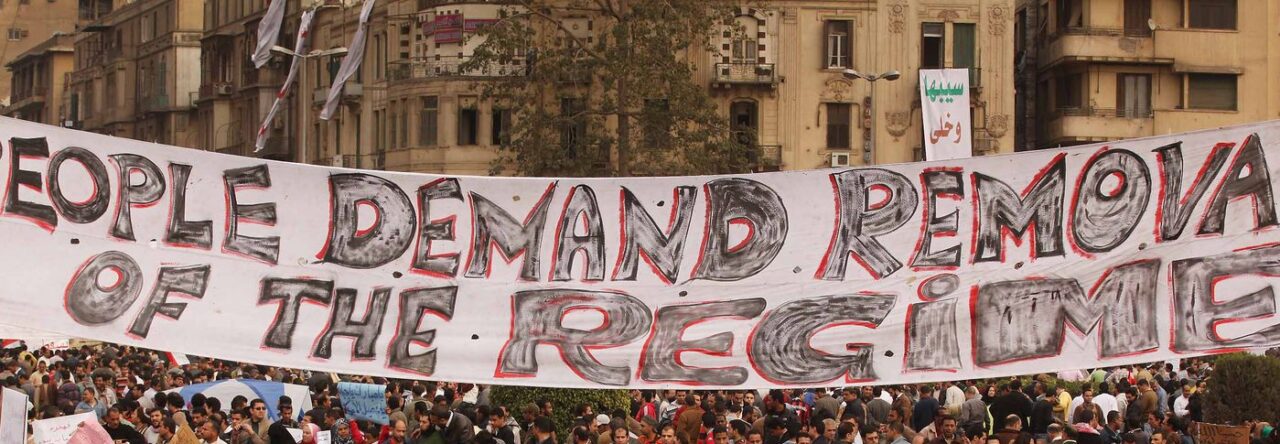The conventional narrative attributes MENA’s unique political and social condition solely to the size of its oil rents, a closer examination of Michael L. Ross’s study, “Does Oil Hinder Democracy?” reveals that the situation is far trickier. Here we will delve into the multitude of factors at play in MENA, going beyond the sheer magnitude of oil rents to explore how they interact with various elements to shape the region’s destiny.
MENA’s reputation as an oil-rich region is well-deserved, but its socio-political intricacies stem from more than vast oil revenues. The distinction lies in the interactions between the oil revenues and a host of other factors. Michael Ross introduces three pivotal causal mechanisms—the rentier effect, the repression effect, and the modernization effect—that exhibit how oil rents engage in a dance with elements like taxation, government spending, military budgets, education, and urbanization.
Delving into the rentier effect, we uncover a phenomenon that transcends the notion of oil wealth solely enabling governments to maintain low tax rates and generously fund social programs. Kuwait serves as a striking example of this. The government’s reliance on oil revenues diminishes the necessity for imposing heavy taxes on its citizens. This fiscal situation alters the social contract between the state and its people. While citizens enjoy robust social programs, they have less leverage in holding the government accountable due to reduced dependence on domestic taxation revenue. However, it is not merely the size of oil rents that dictates outcomes but rather the wielding of these resources
In such nations, governments frequently allocate substantial resources to enhance their military capabilities. This phenomenon is referred to as the repression effect. A compelling case in point is Saudi Arabia. The Kingdom’s military prowess, fueled by its oil-driven economy, assumes a central role in maintaining internal stability, suppressing opposition movements, and ultimately perpetuating authoritarian rule.
Modernization, the trajectory of democracy and the overall social fabric are shaped by the entanglement between national revenue and factors encompassing occupational diversity, education, and urbanization etc. However, this is anything but straightforward, and in some cases, oil revenues can lead to adverse social outcomes while acting as a deterrent to democratic progress. In Qatar, investments of oil revenue have indeed accelerated progress towards modernization. The nation has impeccable infrastructure, quality education, and advanced healthcare, contributing to modernization. However, this has not necessarily translated into a flourishing democracy. The Qatari government’s centralized control has led to limited political freedoms and restrictions on civic participation. Simultaneously furthering harmful social consequences, such as constrained civil liberties and political pluralism.
In essence, while the size of oil rents undeniably contributes to MENA’s realities, it’s the interplay with power structures and accompanying socio-economics conditions that truly shape the region’s unique challenges.
Reference: Ross, Michael L. “Does Oil Hinder Democracy?” World Politics, vol. 53, no. 3, 2001, pp. 325–61. JSTOR, http://www.jstor.org/stable/25054153.
